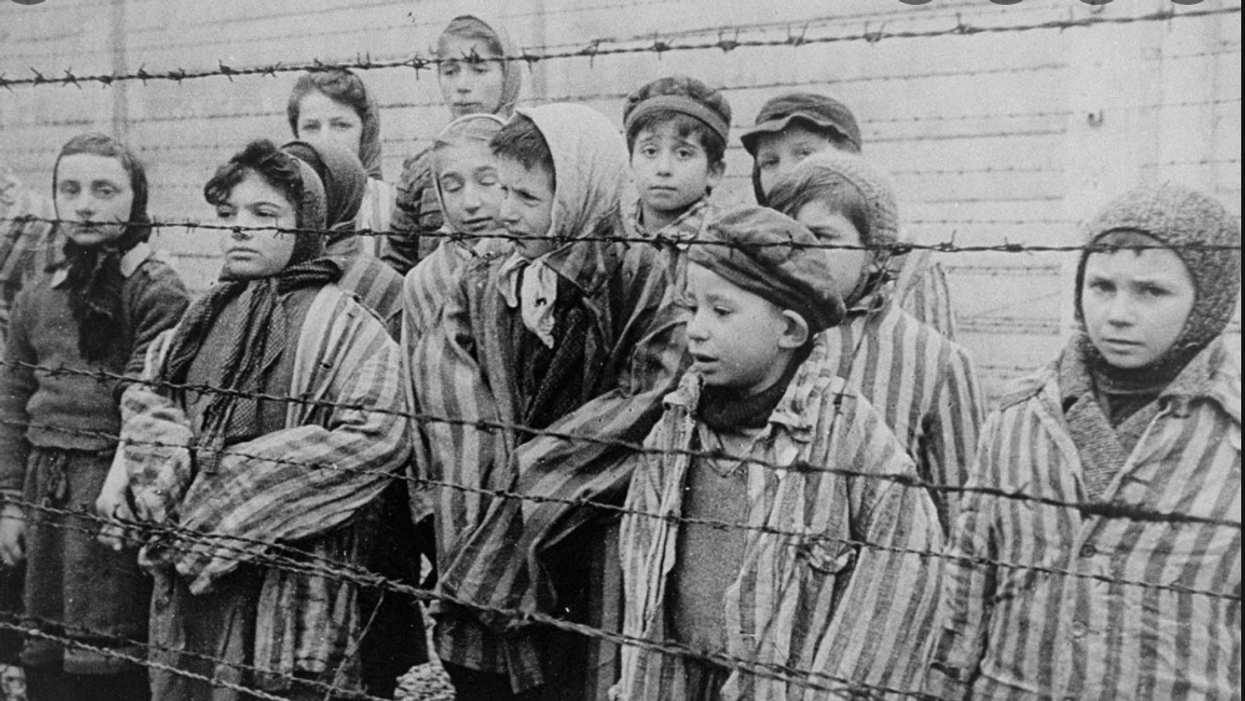Why Would Facebook Hesitate To Take Down Holocaust Denial Propaganda?
Reprinted with permission from DailyKos
One of the more infuriating experiences that ordinary social media users have occurs when people subjected to hateful or threatening speech report it to the platforms’ overseers and are told in response that the posts in question don’t violate their policies—an especially common occurrence at Facebook, despite its claims to be working hard to remove such speech.
Facebook’s arrogant handling of these issues isn’t limited to just everyday users, though. Even one of the nation’s oldest and most influential civil rights groups, the Anti-Defamation League (ADL), gets the same treatment.
Following up on Facebook’s pledge a year ago to ban Holocaust denial as part of a push to eliminate antisemitism from its platform, ADL researchers set out to determine how well the ban was working. And while they ascertained that Facebook has indeed purged the major pages and groups devoted to denying the historical realities of the Holocaust, they also found that user posts promoting such disinformation continue to flourish.
Moreover, the researchers found that when they reported nine such posts, Facebook responded to only one of the reports—and that was to inform the ADL that a nakedly antisemitic post calling the Holocaust a fraud was not considered to be in violation.
The post, according to the report, claimed that the Holocaust is a fraud, and that “the reason people are questioning, denying and pouring scorn and contempt on the holocaust, is simply because it isn’t true.” Facebook policy specifically bans posts “denying or distorting information about the Holocaust.”
The nine anti-Semitic posts that were of particular concern to the researchers were reported to Facebook on November 15. By November 29, the company had only responded to the one report by denying it violated their policies.
As the report notes, Facebook has in fact “successfully removed major Holocaust denial entities,” notably the large groups with thousands of members that churn out denialist conspiracy theories. One key hashtag, “Holohoax,” now delivers users to a site containing real information about the Holocaust. But that’s about the limit of Facebook’s reforms, according to the ADL's Center on Extremism (COE):
With some additional digging, however, the cracks in enforcement come to light. While dedicated groups have been removed and one search term limited, Holocaust denial content remains on the platform. COE found that the majority of Holocaust denial posts still accessible were posted prior to the October 2020 ban, yet never subsequently removed. These are located in public and private groups as well as on personal profiles, and many contain links to external, explicit Holocaust denial sources.
In addition to the older posts, there are multiple instances of Holocaust denial content posted after the policy went into effect. While the term “Holohoax” no longer returns results when a user searches for it, other keywords, such as “hollow hoax,” “Holocaust Hoax,” “Holocaust lies,” “Holocaust fraud,” “so called Holocaust,” and “Holocaust didn’t happen” are searchable and return results. Many of the recent posts that remain are reshares of older posts, using modified language to avoid detection, and they include external links to Holocaust denial videos or articles. Many of these were shared by known Holocaust deniers and antisemites and were accompanied by antisemitic rhetoric in addition to Holocaust denial sentiments.
This is par for the course for Facebook. Whenever it’s been confronted with the toxic consequences of its lax monitoring efforts and radicalization-friendly algorithms—whether it’s COVID misinformation, or QAnon conspiracy theories, or violent and threatening hate speech—the company reflexively answers that it’s already taken steps to deal with the problem, even though most of them are vapid and ineffective half-measures that at best gloss over the problem. Rather than acknowledge Facebook’s role in helping generate the January 6 Capitol insurrection, CEO Mark Zuckerberg blamed his customers for the violence instead.
But then, it’s already become abundantly clear that Facebook’s recalcitrance is primarily due to the company’s dependency on those same algorithms and its light enforcement of standards for its revenue stream, as whistleblowers have demonstrated on multiple occasions. Facebook’s model for profitability is predicated on polluting democratic discourse and creating massive social division that can eventually turn to violence, as we already have seen in places like Myanmar and Ethiopia.
“As ADL has explained to Facebook for years, Holocaust denialism is hate speech. It is the deliberately anti-Semitic attempt to claim that the Holocaust never happened or that a much smaller number of Jews did die,” said ADL CEO Jonathan Greenblatt in a statement. “This offensive content causes pain and harm for Jews, particularly at a time of rising concern about antisemitic incidents."
A spokesperson for Meta, Facebook’s parent company, said the social media giant has made “substantial progress in fighting Holocaust denial,” adding: “We removed the content mentioned in this report and will continue working to keep Holocaust denial off of our platform.”




